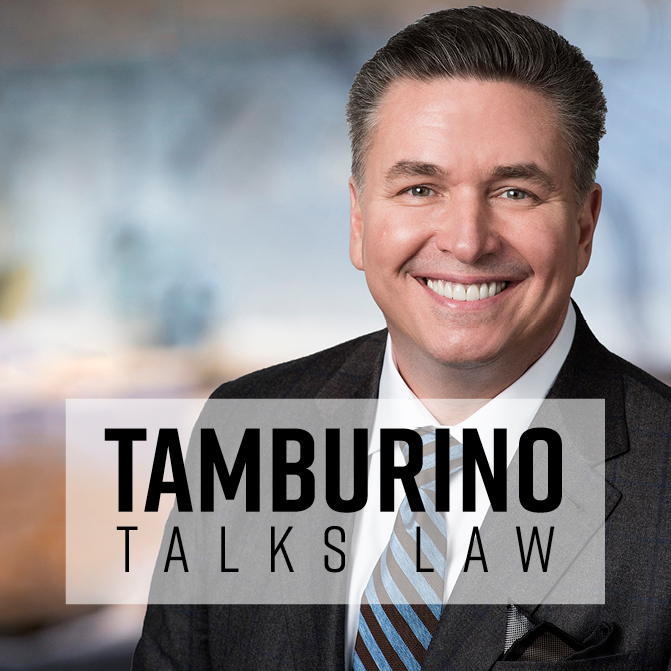Governor Walz’s Executive Order #20-20 which issued on March 25th mandates that Minnesotans must stay at home and work from home unless they are exempted because they work in an essential business. Lawyers and law firms that practice in criminal defense are exempted. Therefore, the Caplan & Tamburino Law Firm remains open. My law firm represents people on all sorts of legal matters, and specifically we are very active in criminal defense. You may reach us 24/7, 365 days a year. We are still conducting free consultations, meetings with clients, court appearances, motions, hearings, investigations, and many other legal services. You may contact us anytime and we will always try to help you with your individual concerns.
